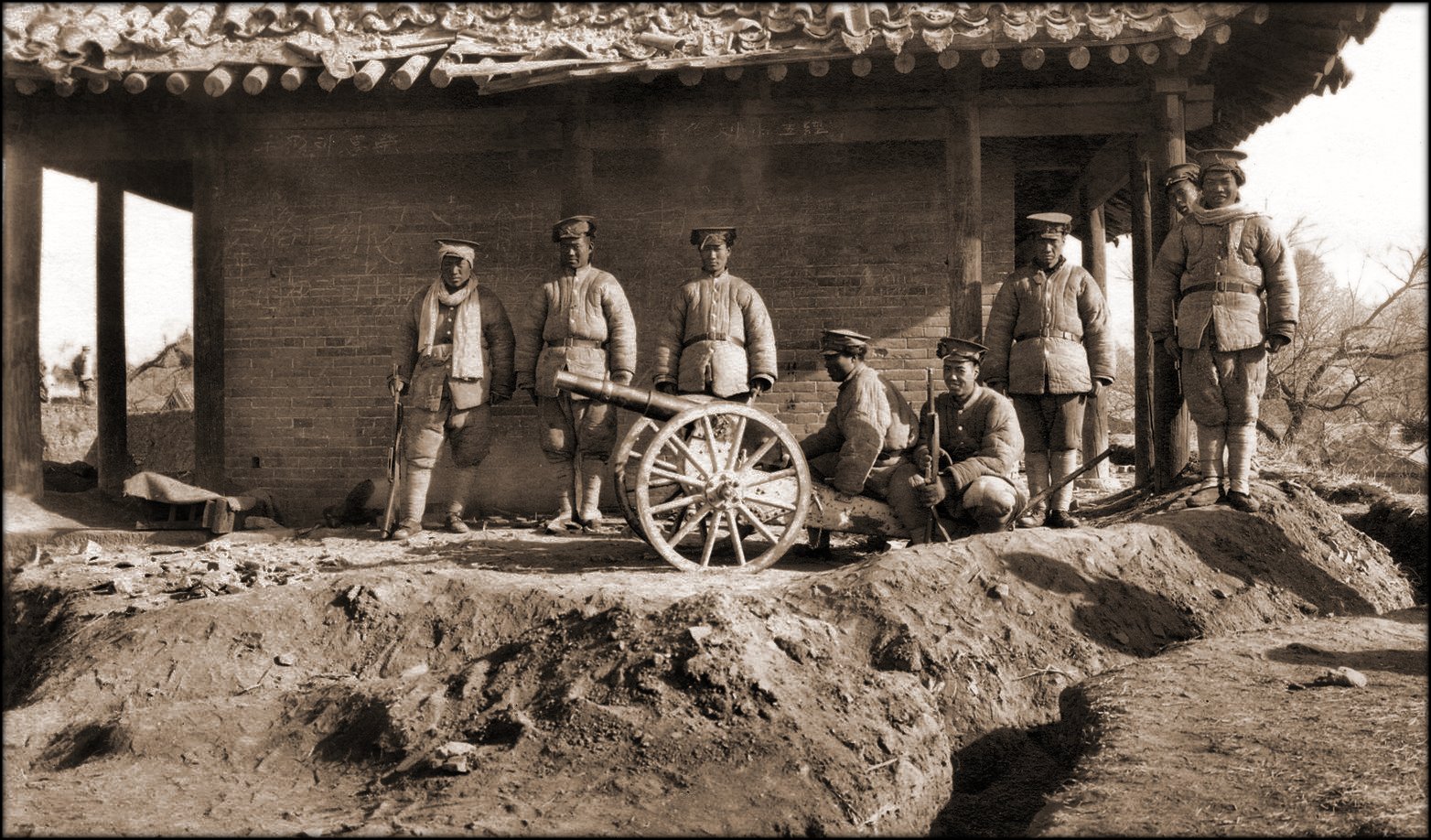Kuora: The most overlooked moments in 20th-century Chinese history

This week’s column comes from one of Kaiser’s recent answers originally posted to Quora on February 3, 2019.
What are some interesting moments in Chinese history that aren’t told often?
The interesting moments are too innumerable, so I’ll stick for now to bigger 20th-century historical topics that, in my mind, get short shrift in typical English-language history texts, working roughly backward chronologically.
The rise of technocracy in China: Without anyone really noticing, China went from a country dominated by ideologues ruling, notionally, in the name of the workers and their country cousins, the peasants, to a nation run by engineers. Very few books have actually explored the policies that created the world’s largest, most thoroughly technocratic state. This mainly happened in the 1980s, at the explicit direction of Deng Xiaoping 邓小平. A whole set of ideas accompanied this shift and these aren’t widely talked about either. I believe an important aspect of the significance of this transformation is revealed in the fact that it went so unnoticed, and so unremarked upon: To the Chinese people themselves, this felt like an entirely normal and natural thing that engineers and scientists should become the new ruling elite.
Sino-U.S. strategic cooperation in the 1980s: Kissinger and Nixon had conceived of the opening to China in part to pressure the USSR. Especially after the Soviet invasion of Afghanistan, cooperation really stepped up. Not only was China helping to deliver arms to the Mujahidin fighters in Afghanistan — arms paid for by the U.S. — and allowing the U.S. to establish listening posts in both the northeastern province of Jilin and in Xinjiang, but it also provided Soviet MiG fighters to the Americans, shipped to the U.S. so that the Americans could practice dogfighting the real thing in the skies over Nevada.
The conservative reaction to Reform & Opening: A forthcoming book will address this, but somehow in the popular narrative the ascent of the Reformers was seen as inevitable and the transition from Mao to Deng and the unbridled state capitalism of the ’90s through this decade totally seamless. Nope. There were people who really tried their damnedest to thwart it and defend Mao’s revolution. Their story is pretty interesting!
The Liu-Deng Interregnum: The Great Leap Forward blends into the Cultural Revolution in the minds of many people. But in the years 1961 to early 1966, in fact, Mao was very much in eclipse (making his vicious comeback in the Cultural Revolution “necessary”) and Liu Shaoqi 刘少奇 and Deng Xiaoping during this time were taking China down quite a different path. It wasn’t exactly a preview of the market-driven reforms that would follow a couple of decades later; it had more in common with Soviet central planning. But it was much more rational, much more expert-led rather than ideologically-motivated, than what came before or after. And the results at that time were quite impressive.
The Wang Jingwei 汪精衛 puppet regime: There are now some books (especially Forgotten Ally by Rana Mitter) that have begun looking at the Vichy state in Japanese-occupied China led by a former ally of Chiang Kai-shek 蒋介石 named Wang Jingwei. I came up studying modern Chinese history and came across only passing references to this regime, and had little idea about how it justified what it did, about its actual relationship to Chiang’s government at Chongqing or to the Communists at Yan’an.
The warlords: This is a huge area where there are a million interesting moments that just aren’t adequately explored. The period from 1916 to 1928 (and really beyond that — there were still warlords active in China all the way up until 1949) is just fascinating, but I can only think of three or four English books that have given the phenomenon of warlordism, the personalities of the warlords themselves, the innumerable battles, their crazy quilt of factional alliances, their ridiculous excesses and their quite interesting political ideologies, much attention at all. I’d love to see much more work done in this area.
Kuora is a weekly column.






